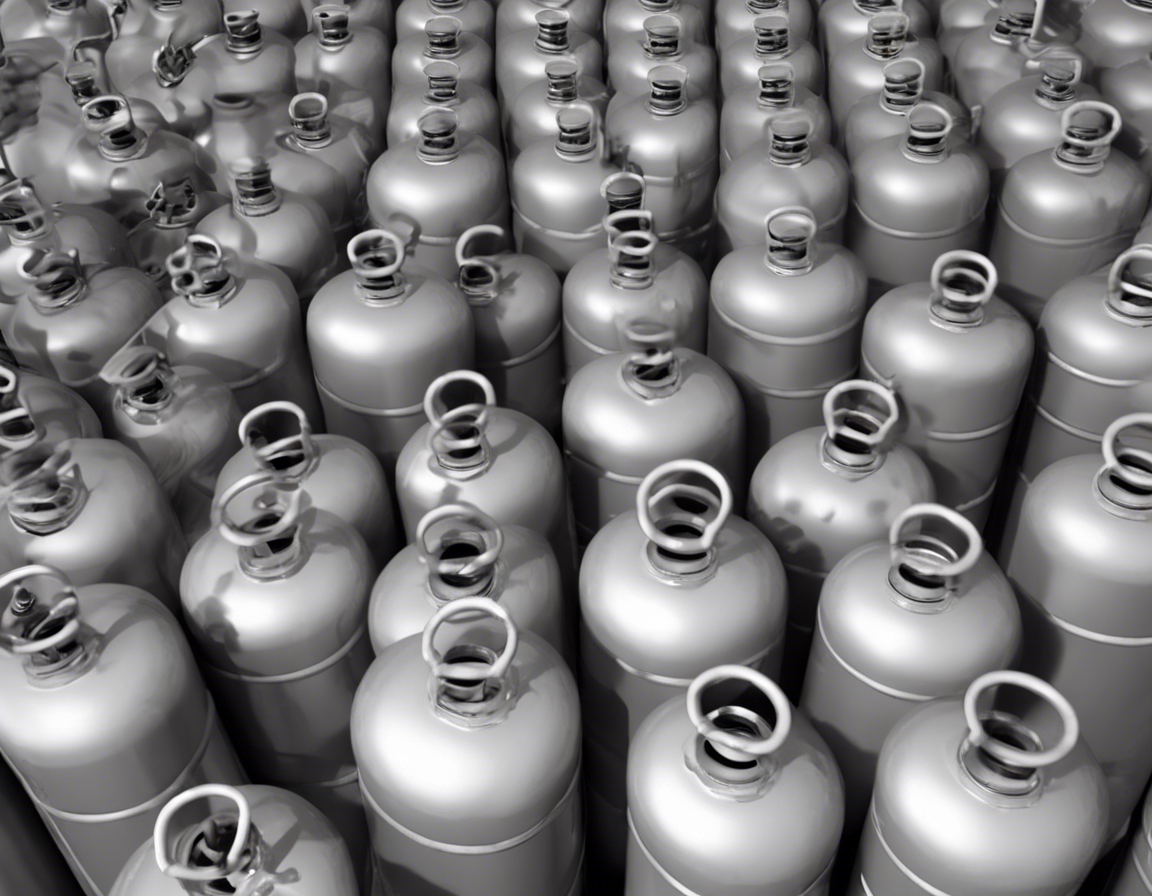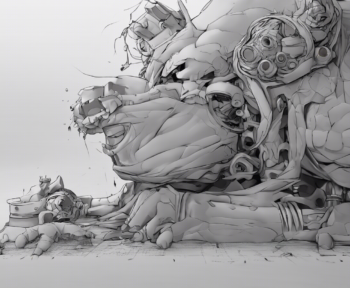Introduction
Gas cylinders are a common source of fuel for cooking and heating in many households around the world. One popular size is the 7kg gas cylinder, which is convenient for both residential and commercial use. Understanding the energy consumption of a 7kg gas cylinder is essential for budgeting, planning, and conserving resources. In this article, we will delve into the details of the energy content of a 7kg gas cylinder, how long it typically lasts, factors affecting its consumption, and tips for efficient utilization.
Energy Content of a 7kg Gas Cylinder
The energy content of a 7kg gas cylinder can vary depending on the type of gas it contains. The most common gases used in these cylinders are liquefied petroleum gas (LPG) and propane. For the purpose of this article, we will focus on LPG, as it is widely used for cooking and heating.
LPG has a higher energy content per volume compared to other fuels, making it an efficient choice for various applications. On average, a standard 7kg gas cylinder of LPG contains approximately 14.4 megajoules of energy per kilogram. Therefore, a full 7kg gas cylinder would have an energy content of around 100.8 megajoules.
Duration of a 7kg Gas Cylinder
The duration for which a 7kg gas cylinder lasts depends on the burner efficiency, frequency of use, type of cooking, and weather conditions. As a general estimate, a 7kg gas cylinder can last anywhere from 2 to 6 weeks for a small family of 3-4 members, when used for cooking two to three meals a day.
Factors Affecting Energy Consumption
Several factors can influence the energy consumption of a 7kg gas cylinder:
- Burner Efficiency: Older or poorly maintained burners may consume more gas.
- Cooking Habits: The frequency of cooking, use of high vs. low flame, and cooking duration.
- Weather: Cold weather may require more gas for heating and cooking.
- Gas Leaks: Ensure there are no leaks in the cylinder or connecting pipes.
Tips for Efficient Utilization
To maximize the usage of a 7kg gas cylinder and minimize energy wastage, consider the following tips:
- Regular Maintenance: Ensure burners are clean and well-maintained to optimize gas usage.
- Cooking Efficiency: Use lids on pots and pans to retain heat, cook multiple items together, and use the right-sized burner for each pot.
- Energy-efficient Appliances: Invest in energy-efficient cooktops and ovens to reduce gas consumption.
- Good Ventilation: Proper ventilation ensures complete combustion, preventing gas wastage.
- Monitor Usage: Keep track of gas levels to anticipate refills and avoid running out unexpectedly.
FAQs
1. How do I check the gas level in a 7kg cylinder?
To check the gas level in a 7kg gas cylinder, you can either weigh the cylinder (subtracting the tare weight) or pour warm water down the side of the cylinder and feel for a cool spot (indicating the gas level).
2. Can I use a 7kg gas cylinder for a gas heater?
Yes, a 7kg gas cylinder can be used for a gas heater, depending on the heater’s consumption rate and the duration of usage.
3. Is it safe to use a 7kg gas cylinder indoors?
While using a 7kg gas cylinder indoors is common for cooking, ensure proper ventilation to prevent the accumulation of gas fumes.
4. How should I store a 7kg gas cylinder when not in use?
Store a 7kg gas cylinder upright in a well-ventilated area away from direct sunlight and sources of ignition.
5. What should I do if I suspect a gas leak from the cylinder?
If you suspect a gas leak, immediately ventilate the area, turn off the cylinder valve, and contact a gas service provider for inspection and repair.
Understanding the energy consumption of a 7kg gas cylinder is crucial for efficient utilization and budget planning. By following the tips outlined in this article and being aware of the factors that influence gas usage, you can make the most of your gas cylinder while minimizing energy wastage.


